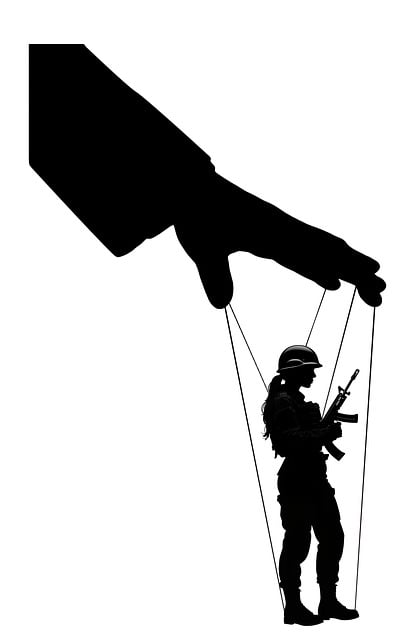Disciplinary actions in real estate are essential for maintaining integrity and compliance with ethical standards and laws. By screening agents thoroughly, balancing legal obligations like fair housing and privacy, and using multi-source data cross-referencing, the industry protects consumers, preserves its reputation, and ensures professionals manage transactions responsibly. Compliance is achieved through rigorous background checks, verifying history, and searching databases for disciplinary records, establishing a culture of integrity and ethical conduct within agencies.
In the robust real estate industry, ensuring client trust and ethical practices is paramount. One critical aspect often overlooked but possessing immense significance is screening agents for past disciplinary actions. This article delves into the importance of understanding disciplinary actions within the real estate context, exploring legal and ethical considerations for effective agent screening, and providing industry-proven methods to verify historical conduct. By adhering to best practices for compliance maintenance, professionals can navigate this crucial aspect with integrity.
- Understanding Disciplinary Actions in Real Estate
- Legal and Ethical Considerations for Screening
- Effective Methods for Past Action Verification
- Industry Best Practices for Compliance Maintenance
Understanding Disciplinary Actions in Real Estate

Disciplinary actions within the real estate industry are crucial measures taken against agents who have engaged in misconduct or violated professional standards. These actions serve as a form of accountability, ensuring compliance with ethical guidelines and legal obligations. When an agent faces disciplinary sanctions, it signifies that they have breached the trust held by their peers, clients, and regulatory bodies. The range of Disciplinary Actions in real estate can vary widely, from formal warnings to revoking an agent’s license, depending on the severity of the offense.
Understanding these actions is paramount for maintaining integrity within the industry. Real estate agents are trusted with significant responsibilities, including managing transactions worth millions of dollars and representing clients’ best interests. Therefore, any misconduct, such as fraud, unauthorized practices, or unethical behavior, must be addressed promptly to protect consumers and preserve the reputation of the entire real estate industry.
Legal and Ethical Considerations for Screening

When screening agents for past disciplinary actions within the real estate industry, it’s paramount to navigate a delicate balance between legal and ethical considerations. Compliance with relevant laws and regulations is non-negotiable. Fair housing laws, for instance, mandate that all applicants be treated equally without discrimination or bias. Therefore, any screening process must avoid arbitrary decisions based on protected characteristics like race, gender, or age.
Moreover, the privacy of an individual’s disciplinary record must be respected. Legal frameworks such as the Fair Credit Reporting Act (FCRA) in the US provide guidelines for obtaining and using consumer credit information, including disciplinary actions. Organizations must adhere to these rules, ensuring that they only access relevant data with explicit consent and use it for stated purposes. Ethical practices demand transparency throughout the process, clearly communicating to candidates how their information will be utilized and protected.
Effective Methods for Past Action Verification

In the real estate industry, ensuring compliance and maintaining a robust screening process is paramount. One of the most effective methods for verifying past disciplinary actions involves cross-referencing multiple data sources. This can include checking national and state-specific databases that track professional misconduct, reviewing official records from regulatory bodies, and utilizing specialized background check services tailored for the real estate sector.
Additionally, employing a multi-step verification process enhances accuracy. This might involve initial digital searches for red flags, followed by manual cross-referencing of documents and interviews with previous employers or colleagues. Such comprehensive approaches help to uncover any historical disciplinary issues, ensuring that agents operating within the industry meet the highest standards of integrity and professionalism, thereby safeguarding clients’ interests and maintaining the integrity of the real estate market.
Industry Best Practices for Compliance Maintenance

Maintaining compliance within the real estate industry is paramount, and screening agents for past disciplinary actions plays a pivotal role in this process. Best practices dictate that all hiring managers and recruiters conduct thorough background checks, including verifying employment history and checking for any disciplinary records or legal issues. This involves cross-referencing data across multiple databases to ensure accuracy.
The real estate industry is highly regulated, with strict standards set by local, state, and federal bodies. Therefore, establishing robust compliance procedures is essential to mitigate risks and protect both the agency and its clients. By adhering to these best practices, agencies can foster a culture of integrity and accountability, ensuring that their agents conduct business ethically and in line with legal requirements.






